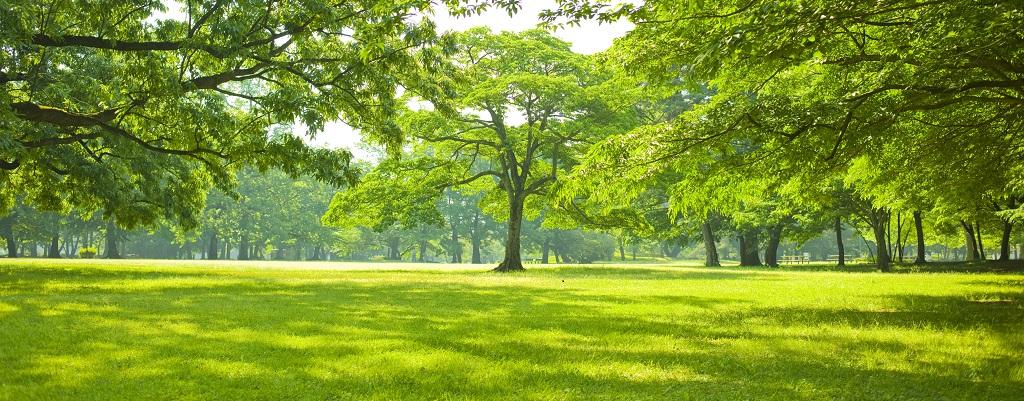
Trees suck up nearly a quarter of all human-caused carbon dioxide (Co2) emissions — the dominant greenhouse gas warming the earth — and use it for their growth, along with nutrients like nitrogen and phosphorus.
But, the continued dependence on fossil fuels and rapid deforestation have limited their level absorption and is likely to last only till the end of the century, according to a study.
Their ability to absorb Co2 is unclear beyond 2100, warned the study published in Nature Climate Change. Planting more trees to limit global warming, thus, cannot be the only solution, but reducing the consumption of fossil fuels can play a key role, said study lead author César Terrer, a postdoctoral scholar in Earth system science at Stanford University.
“But stopping deforestation and preserving forests so they can grow more is our next-best solution,” Terrer said. As Co2 concentrations rise, the trees need nutrients to balance their diet. For this, they forge partnerships with soil microbes and fungi to get extra nitrogen and phosphorus, the study showed.
The findings led researchers to explore the potential of Co2 to increase forest biomass that can help in the future, when atmospheric concentrations of the gas are likely to double. Using statistical methods, machine-learning, models and satellite data, they analysed various experiments conducted in grassland, shrubland, cropland and forest systems.
They also calculated how much soil nutrients and climate factors limit the ability of plants and trees to absorb extra Co2. The results, based on global datasets of soil nutrients, showed that levels Co2 by the end of the century would increase plant biomass by 12 per cent.
This would help plants and trees to store more Co2, which would be "an amount equivalent to six years of current fossil fuel emissions", the study said. “Planting or restoring trees is like putting money in the bank,” said co-author Rob Jackson, professor in Earth System Science at Stanford.
“Extra growth from carbon dioxide is the interest we gain on our balance. We need to know how high the interest rate will be on our carbon investment,” Jackson added. The study also emphasised the critical role of tropical forests, such as those in the Amazon, Congo and Indonesia, to store additional carbon. These are "important tool to limit global warming”, which are under threat due to deforestation, Terrer said.
Source:
https://www.downtoearth.org.in/news/climate-change/trees-likely-to-absorb-co2-only-till-2100-study-66412